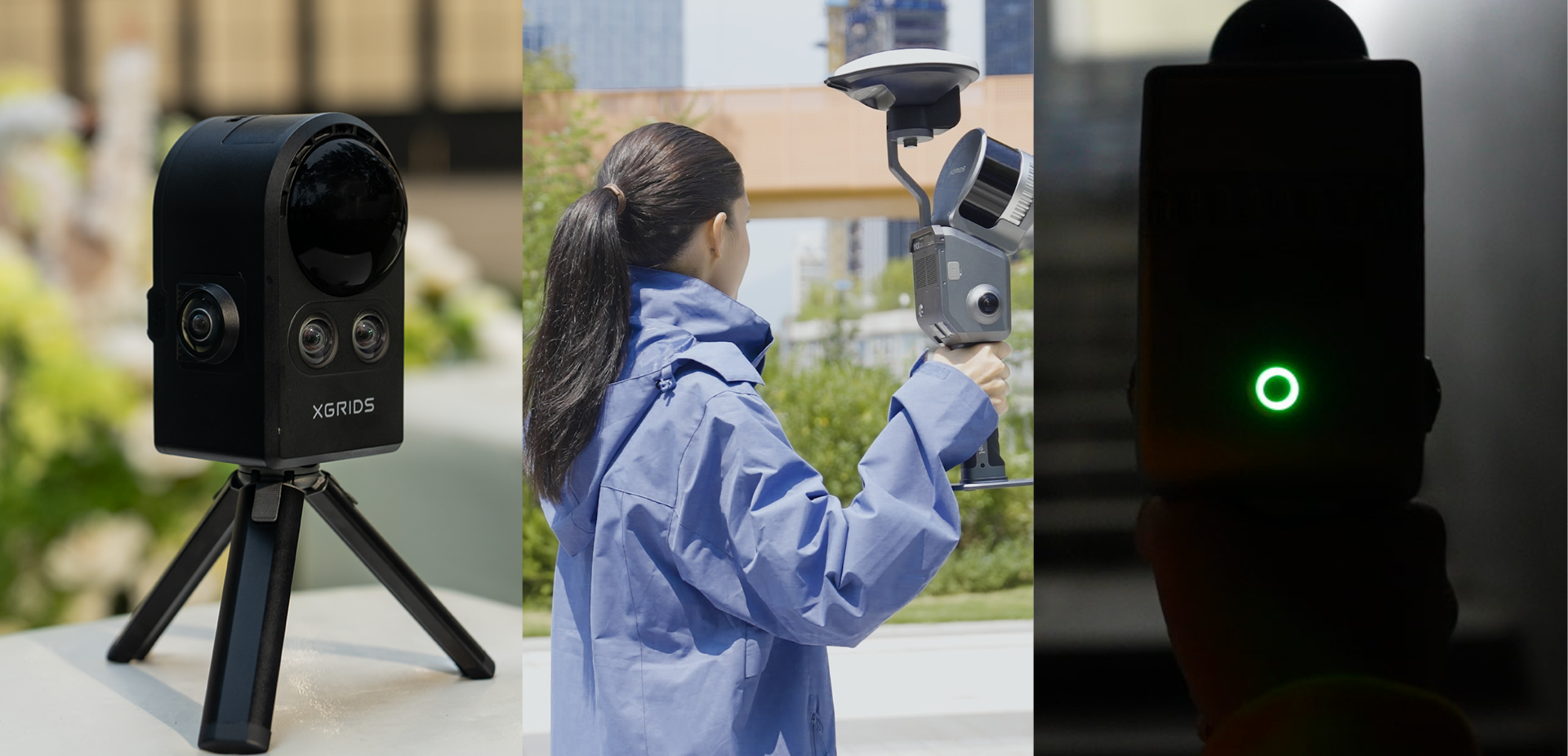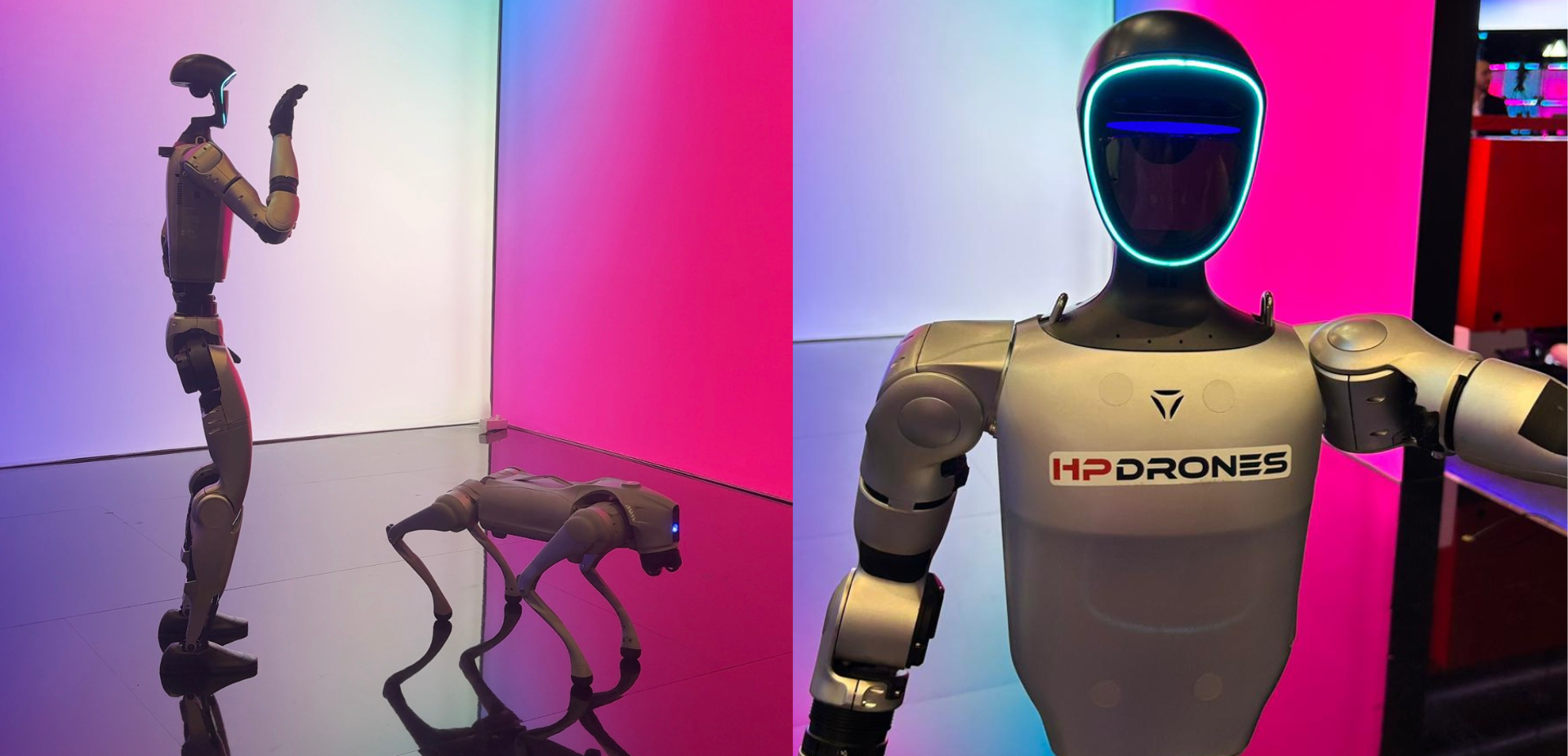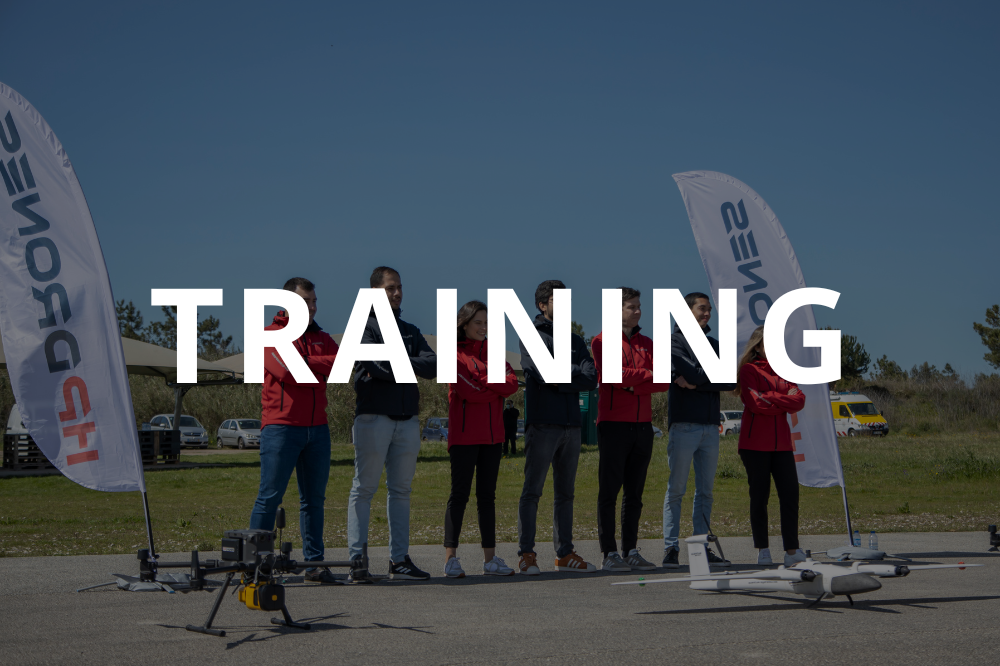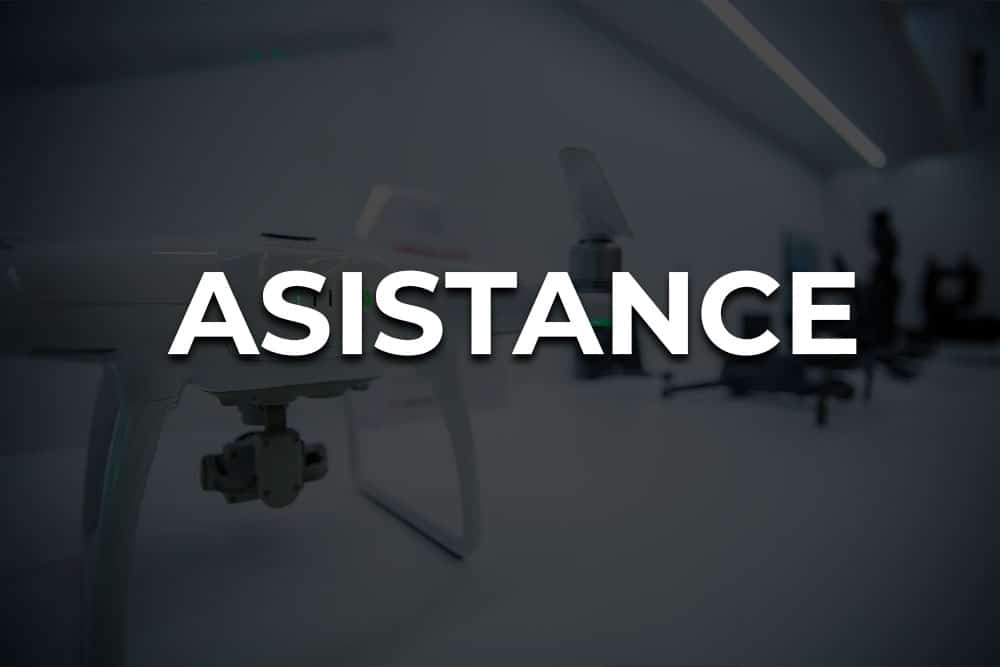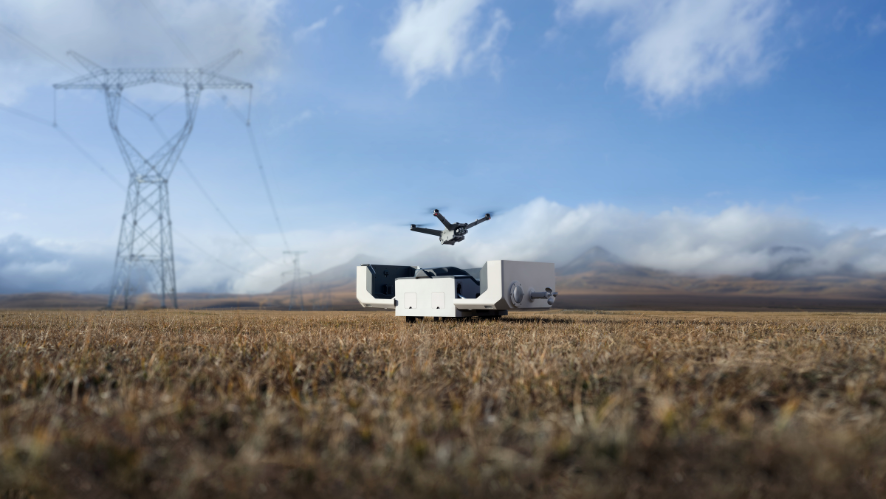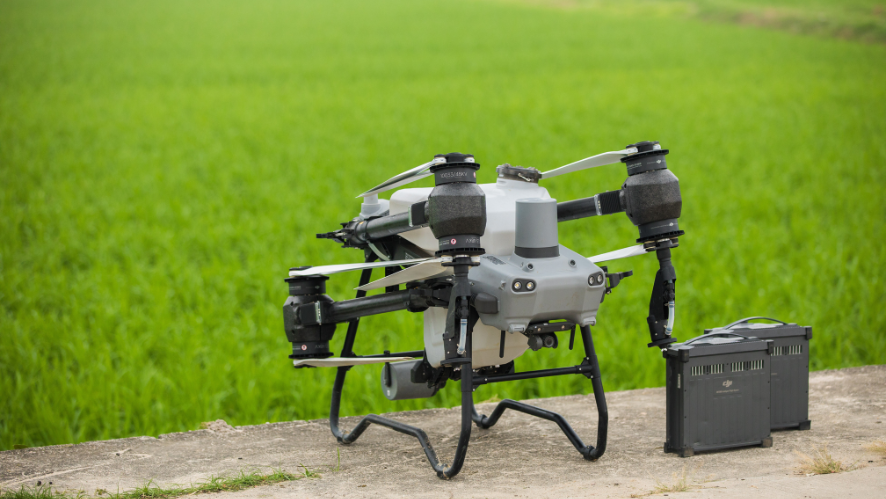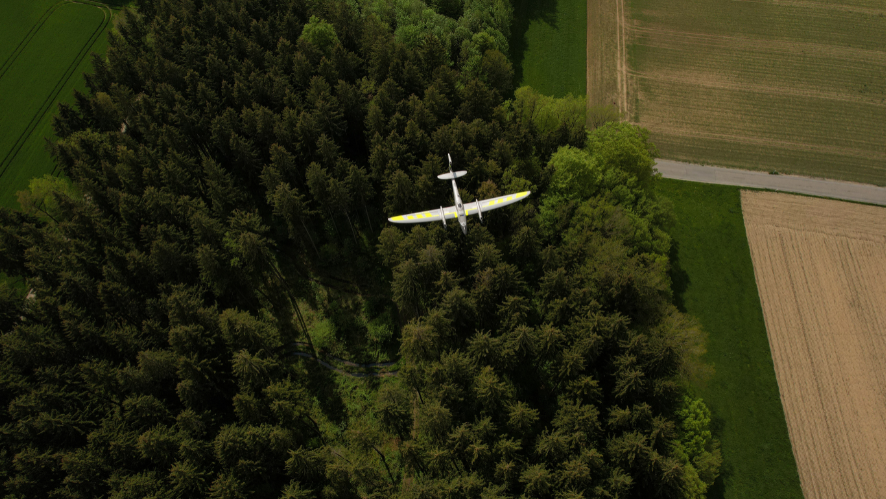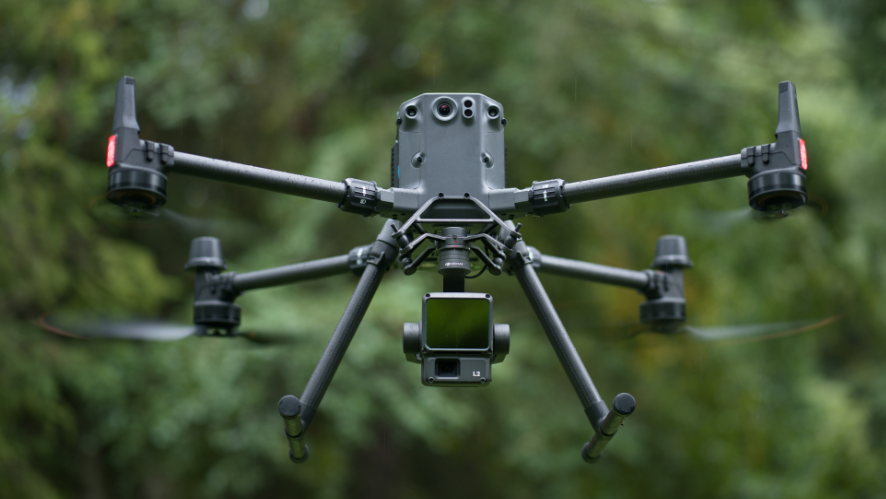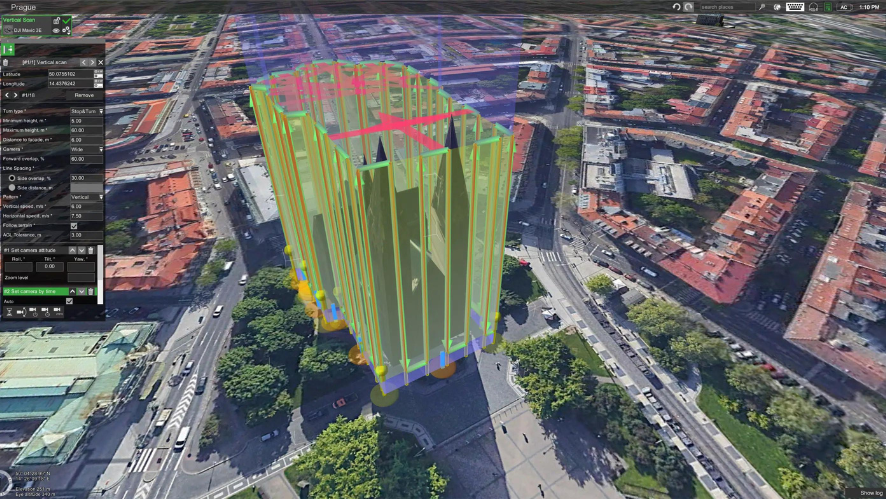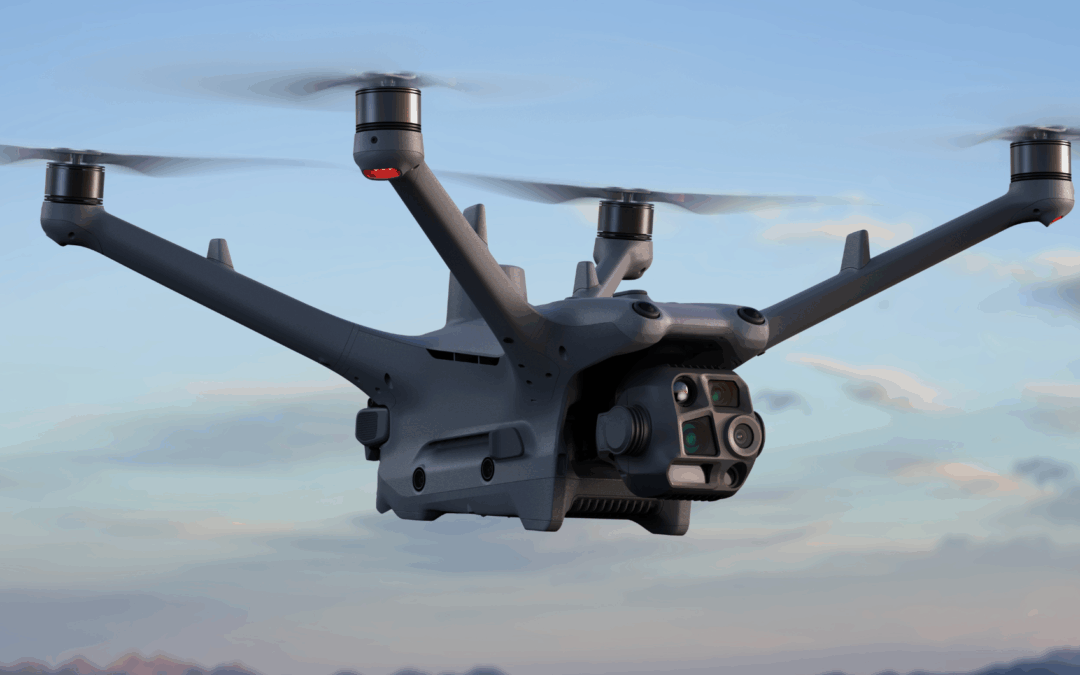Drones are already part of the reality of various sectors, from agriculture to industrial inspection, security, and logistics. But the next big technological leap will be marked by the integration of artificial intelligence (AI), which promises to transform drones into more autonomous, intelligent, and efficient machines.
The impact of artificial intelligence on drones
AI in drones goes far beyond image capture. It is about equipping these unmanned aircraft with the ability to analyze data, make decisions, and act in real time, without relying entirely on human operators.
Among the main innovations possible with smart drones, the following stand out:
- Automatic recognition of objects and people.
- Optimized route planning for greater energy efficiency and safety.
- Predictive analysis of faults and abnormal behavior.
- Continuous learning, with drones that improve their performance with each mission.
Practical applications of drones with AI
The use of drones with artificial intelligence will revolutionize different areas in the coming years:
- Precision agriculture: crop monitoring, early pest detection, and optimized resource management.
- Industrial inspections: automatic identification of faults in infrastructure such as power lines, bridges, and solar parks.
- Security and monitoring: intelligent aerial surveillance at major events, borders, and sensitive areas.
- Logistics and deliveries: drones capable of navigating autonomously in urban environments, adjusting routes in real time.
- Emergency response: support in rescue operations, transport of medical kits, and rapid assessment of critical situations.
Challenges of adopting smart drones
Despite their potential, the implementation of autonomous drones with AI still faces obstacles:
- Regulation: legislation in the process of being adapted for fully autonomous flights.
- Data security: the need to protect information collected in real time.
- Technological infrastructure: dependence on networks such as 5G and edge computing systems.
- Social acceptance: ensuring ethical and responsible use of the technology.
The future of drones with artificial intelligence
In the coming years, it will be common to see highly autonomous drones capable of executing complex missions with minimal human intervention. The combination of advanced sensors, AI algorithms, and next-generation connectivity will make these aircraft strategic partners for businesses, governments, and organizations.
Conclusion
Artificial intelligence drones represent the future of unmanned aviation. Greater autonomy, efficiency, and analytical capabilities mean new opportunities in key sectors such as agriculture, logistics, inspection, and security.
At HPDRONES, we closely follow innovations in the sector and offer professional solutions to help companies integrate these technologies safely and efficiently. The future is already flying, and it is becoming increasingly intelligent.
__________________________________________________________

